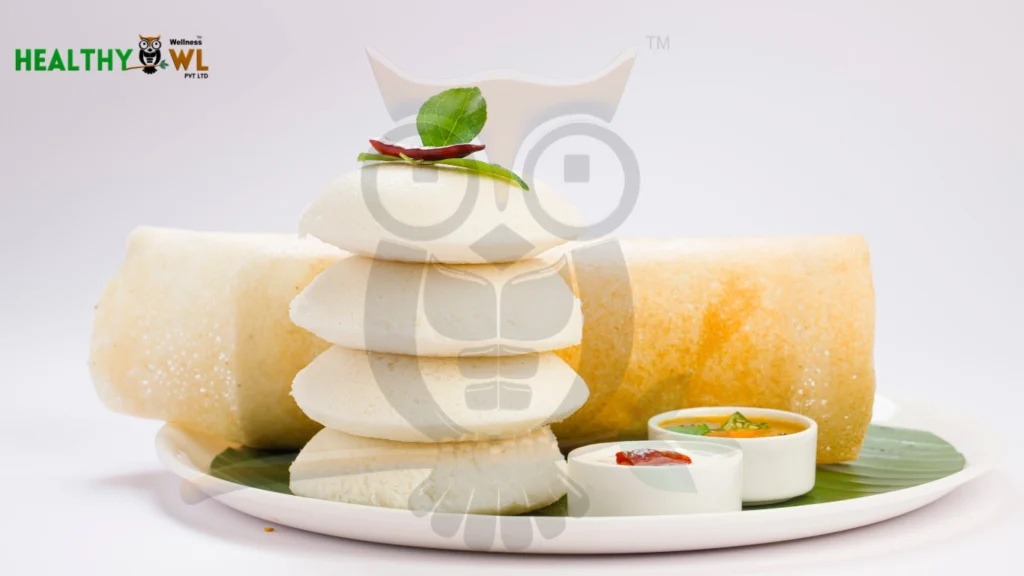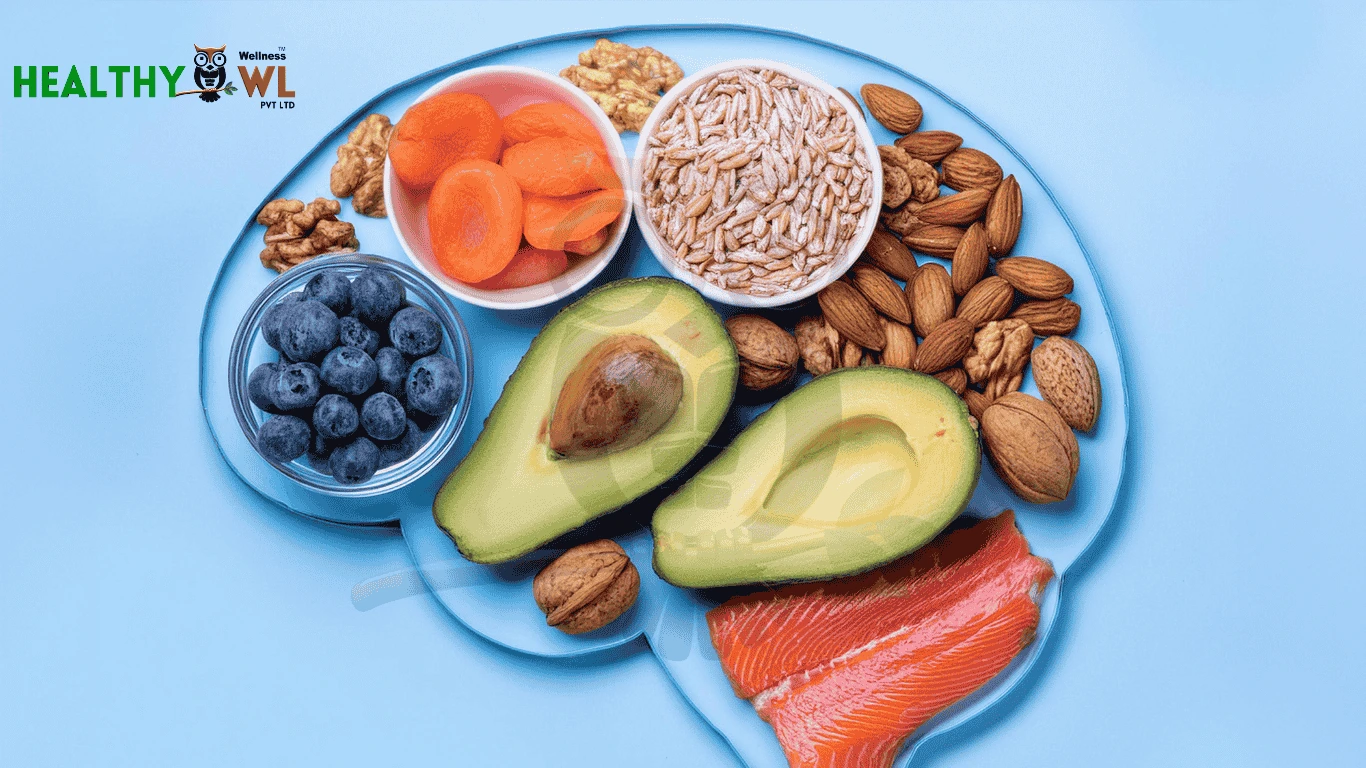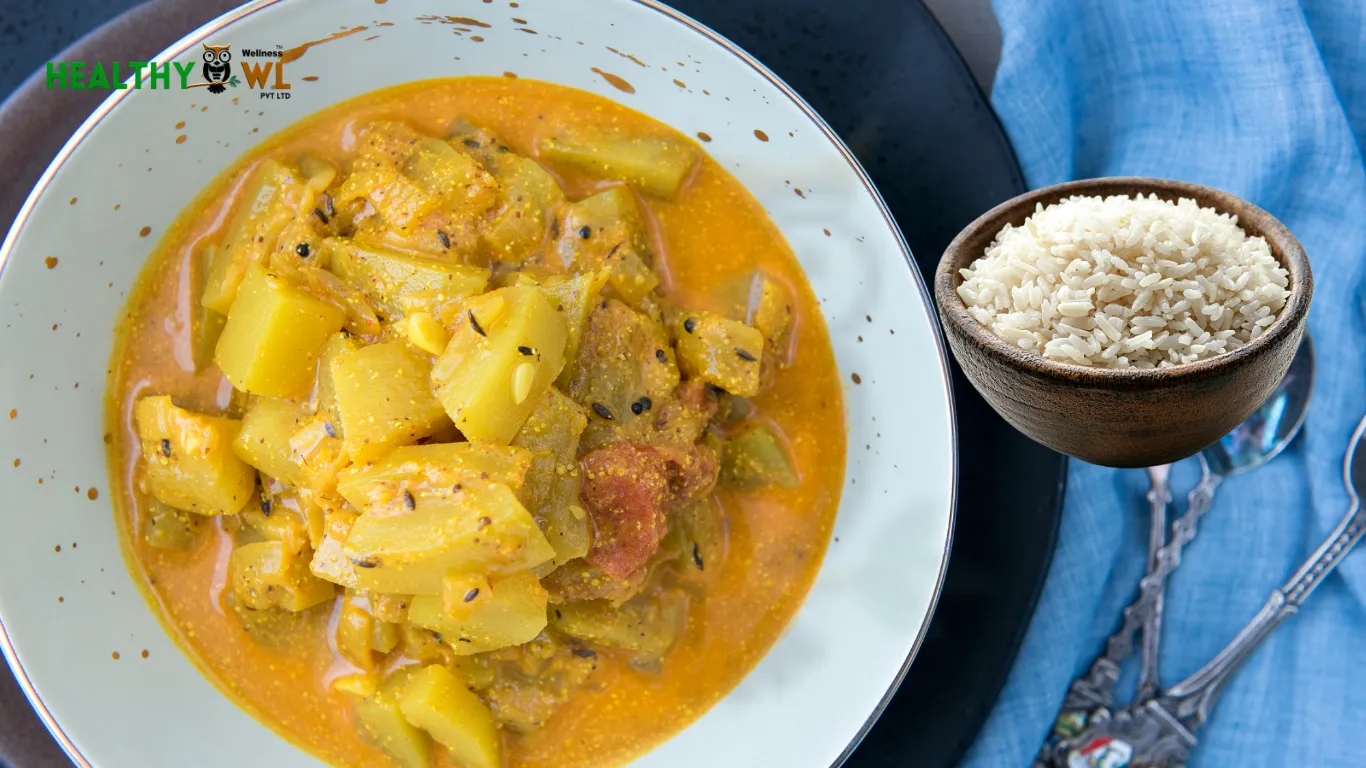For centuries, Indian households have embraced the power of fermentation—long before gut health became a global wellness trend. From tangy kanji during winters to probiotic-rich curd with every meal, fermented Indian foods were once staples of our kitchens. But with the rise of processed foods and modern diets, many of these gut-friendly traditions were sidelined.
Today, they’re making a glorious comeback—and with good reason! Backed by both Ayurvedic wisdom and modern science, fermented foods are now recognized as potent digestive health boosters, immunity enhancers, and even mood stabilizers.
In this blog, let’s explore:
- What makes fermented foods gut healers
- Iconic Indian fermented foods and their benefits
- How to prepare and consume them the right way
- Tips to include them in your daily meals
- Modern science backing ancient wisdom
What Are Fermented Foods and Why Do They Matter?
Fermented foods are foods and drinks that have undergone natural fermentation,a process where beneficial microorganisms like bacteria and yeast break down sugars and starches. This process not only preserves the food but also boosts its nutritional value and creates probiotics that benefit your gut.
This not only preserves the food but also enhances its nutritional profile.
Probiotics – the “good” bacteria, are especially crucial for:
- Improving digestion
- Reducing bloating and gas
- Enhancing nutrient absorption
- Supporting mental health via the gut-brain axis
- Boosting immunity naturally
Some common traits of fermented foods:
- They taste slightly sour or tangy.
- They have a longer shelf life than fresh versions.
- They often fizz or bubble due to active cultures.
Fermented foods are rich in good bacteria such as the Lactobacillus species, which perform superhero duties inside our bodies. For instance, Lactobacillus rhamnosus is known to improve gut barrier function, support digestion, and even reduce anxiety by communicating with the brain through the gut-brain axis.
Many actors, influencers, and wellness experts are embracing fermented foods for their benefits on skin health, mental well-being, and immunity, making them a holistic addition to a healthy lifestyle.
According to a 2023 study published in the Journal of Nutrition, regular consumption of fermented foods can increase gut microbial diversity and reduce inflammation markers.
Fermented Foods for Immunity, Skin, and Mental Health
Fermented Indian foods do more than just support digestion,they contribute to overall well-being in many profound ways:
- Stronger Immunity
- Around 70% of your immune system lives in your gut.
- Probiotics from fermented foods like curd and kanji help regulate immune cells, reduce inflammation, and fight harmful pathogens.
- Lactobacillus plantarum in pickled vegetables can increase the production of antibodies and enhance immune defense.
- Glowing Skin
- A healthy gut reflects on your skin! Probiotics reduce inflammation, balance skin pH, and improve conditions like acne and eczema.
- Curd and fermented rice water are even used in Ayurvedic skincare for topical glow.
- Mental Health Boost
- Fermented foods influence the gut-brain axis, the connection between your digestive system and brain.
- Probiotics help produce serotonin, the “feel-good hormone,” making them helpful for managing anxiety, stress, and mood swings.
Research has shown that probiotic-rich diets may reduce symptoms of depression and anxiety by improving gut microbiota.
Top Indian Fermented Foods That Deserve a Spot on Your Plate
Here’s a list of ancient gut-friendly foods making their way back to Indian kitchens—and why you should start eating them again:
- Curd (Dahi)
- Everyday probiotic hero
- Rich in lactobacillus and B vitamins
- Helps cool the digestive tract, ideal in Indian summers
Tip: Avoid packaged sweetened versions. Stick to homemade curd made from full-fat milk.
- Kanji
- Traditional North Indian fermented black carrot drink
- High in probiotics, antioxidants, and acts as a natural detoxifier
- Best consumed in winter
Tip: Add beetroot for added color and flavor. Ferment for 3–4 days in sunlight.
- Idli & Dosa Batter
- Fermented rice and urad dal batter enhances digestibility
- Steaming retains nutrients and makes it light on the gut
Tip: Let your batter ferment naturally overnight in a warm place without refrigeration.
- Pickles (Achaar)
- Especially traditional brine-based pickles, not the oil-heavy commercial ones
- Naturally fermented with spices that aid digestion
Tip: Choose homemade pickles using rock salt and mustard seeds for maximum gut benefits.
Cautionary Notes: Pickles are fermented food but it will be high in sodium – consume in moderation if you have high BP.
- Gundruk & Sinki (Northeast & Himalayan Ferments)
- Leafy green and radish root fermentations
- Excellent plant-based probiotics
- Underrated but rich in fiber, vitamins, and antioxidants
Tip: You can order them from specialty stores online if you don’t live in the region.
- Rice Kanji (Pakhala Bhata / Pazhamkanji)
- Soaked cooked rice in water and left overnight
- Cooling and full of probiotics
- Often consumed in Odisha, Kerala, and Tamil Nadu
Tip: Add green chili, curry leaves, and raw onion for taste and gut boost.
Fermentation Tips for Beginners
If you’re new to fermentation, here’s how to get started safely:
- Start Small – Begin with curd or kanji.
- Use Clean Jars – To avoid harmful bacterial growth.
- Let It Breathe – Use breathable covers like muslin cloth during fermentation.
- Temperature Matters – Keep jars in warm, dark places (like inside a microwave or kitchen cabinet).
- Trust Your Nose – If it smells foul or rotten, discard and restart.
How to Include Fermented Foods in Your Daily Diet
- Breakfast: Have idlis or dosas with fermented chutney.
- Mid-morning: A glass of kanji or chaas (buttermilk).
- Lunch: Include a spoonful of curd or rice kanji.
- Dinner: Light fermented rice with pickle or curd.
Bonus Tip: Try pairing fermented foods with prebiotics like bananas, garlic, or onions to maximize gut health.
Fermented Foods for Kids: Building Strong Guts from an Early Age
When it comes to kids, gut health is just as important if not more. A strong digestive system helps children absorb nutrients better, develop a robust immune system, and even improve mood and behavior.
But here’s the good news: fermented Indian foods can be kid-friendly too! You just need to introduce them in the right way.
Why Fermented Foods Are Great for Kids
- Enhance nutrient absorption (especially calcium and iron).
- Support a strong immune system
- Aid in digestion and prevent constipation
- Promote good mental health via the gut-brain connection
Studies show that introducing probiotics early can reduce the risk of allergies, eczema, and even ADHD-like symptoms in some children.
How to Add Fermented Foods to Your Child’s Diet (Without a Fuss)
- Flavored Curd or Lassi
Add natural fruit purée like mango or banana to homemade curd or lassi for a tasty probiotic snack. - Mini Idlis or Dosa Wraps
Serve with mild chutneys or cheese to make it fun and exciting. You can even make dosa pizza! - Rice Kanji or Pakhala Bhata
Mix with mashed dal and ghee for a nutrient-packed gut-friendly meal for toddlers. - Sweet Kanji or Fruit Fermented Water (for older kids)
Prepare beetroot or apple-based fermented drinks in small quantities to build taste and habit. - Fermented Veggie Sandwich Spreads
Blend fermented carrots or beets with hung curd to make colorful sandwich spreads that are probiotic-rich and tasty.
A Few Precautions:
- Always introduce new fermented foods in small quantities.
- Avoid overly spicy or sour versions for children under 5.
- Use fresh, homemade, and hygienically prepared ferments only.
- Observe for any signs of bloating or discomfort and consult your pediatrician if unsure.
Modern Research Supports Ancient Indian Wisdom
Multiple studies now confirm what Ayurveda has long stated: a healthy gut is the foundation of immunity and overall wellbeing.
- The National Institute of Nutrition India recommends regular probiotic intake through natural fermented foods.
- Harvard Health has published findings on how fermented foods reduce inflammation and support mental health.
Final Thoughts
As more people turn toward holistic health and natural healing, fermented Indian foods are re-emerging as powerful allies. They’re not just nostalgic—these gut healers are scientifically backed and easily accessible. So, whether it’s a tangy glass of kanji or a humble bowl of dahi, trust your ancestors and give your gut the love it deserves.
References:
- Ayurveda texts such as Charaka Samhita, which mention the use of fermented foods in maintaining digestive balance.
- “Indian Fermented Food: Past, Present & Future” – Research Gate
- Journal of Nutrition on gut microbiome health.
- Gut Reset in 5 Days: What to Eat to Reduce Bloating and Improve Digestion











